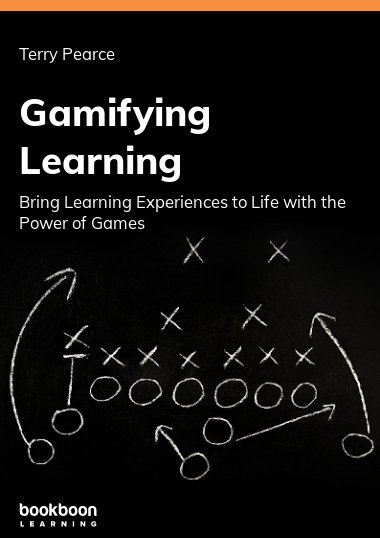Games are one of the fastest-growing industries in the world. Millions of players spend billions of hours engaged in games each year. When it comes to learning, people are demanding more engaging experiences – ones that learn from what games do successfully, and are both fun and effective.This book explores why, how and where gamification is effective for learning, and sets out a four-step process for gamifying your own learning experiences. It gives plenty of tips, techniques and tools to help inspire you to transform your learning content into engaging gamified learning.
About the Author
Terry Pearce has facilitated, designed and managed learning for over 20 years, with organisations like Barclays, the London School of Economics and Thames Water. His awards for learning design include the Academi Wales Award for Leadership Development and an NHS Modernisation Agency Leadership Development Award. His work has been published in Training Zone and Ludogogy, and he’s spoken at international conferences including the Playful Creative Summit and Spiel Digital. With Untold Play, he creates games-based learning and gamified learning products for use by learning professionals.


